Education for most Indians is still a ‘bust.' What about Bangladesh?

The Economist, in a recent issue, devoted many pages to the state of education of children belonging to non-elite families in India: an editorial chastising Indian politicians for the failure of government primary schools, an article summarising evidence on Indian students' limited ability to read and do basic arithmetic, and another on the education success of Vietnam relative to that of India.
The British magazine's critical editorial is hard to contest: "Although India's brainy elite hoovers up qualifications, education for most Indians is still a 'bust'. Unskilled, jobless youngsters risk bringing India's economic development to a premature stop… India is still doing a terrible job of making sure that the youngsters who throng its classrooms pick up essential skills." Much of this criticism applies to other South Asian countries, too.
In a lengthy article, The Economist summarised results from the Annual Status of Education Report's (ASER) biannual large-scale surveys on children in rural India since 2008. These surveys are conducted in students' homes by Pratham, a highly respected Indian civil society NGO. Though school infrastructure and enrolment have improved in recent years, with more children attending schools that have toilets, running water, and sometimes even computers, learning has not kept pace. Nationwide, the best ASER results were in 2008. Results declined over the next decade, due partly to higher enrolment rates. In the 2018 survey (conducted before the pandemic), 50 percent of Class 5 children could read a short story at the Class 2 level, and 28 percent could solve the most difficult arithmetic problem (divide a three-digit number by a one-digit number). Due to school closures during much of 2020-22, the results of the 2022 ASER survey are well below those from 2018.
The first step in improving schools in India – and other South Asian countries – is to acknowledge the severity of the problem. While most Indian children are attending school at least till Class 5, the majority of children of ages 10-14 cannot read a simple Class 2-level story. As per ASER's recent surveys, from low-income Indian families with some discretionary income, over a quarter of children are attending "low-cost" private schools. The results in these schools are not ideal, but are significantly better than in government schools.
There is no single solution to improve school outcomes. But, in the context of Bangladesh, some ideas are worth discussing.
The Economist's article on Vietnamese schools emphasises superior training and management of teachers relative to India. In Vietnam, government teachers take their responsibilities more seriously, and behave as professionals. In part, this is because the remuneration of Vietnamese teachers comes from bonuses based on school results. In Bangladesh, the government could call on the Directorate of Primary Education (DPE) to change the system of remunerating government schoolteachers. Instead of designating teachers as civil servants with fixed salaries, the DPE could introduce incentives that encourage government teachers to take their responsibilities more seriously. City corporations may negotiate an independent role in managing municipal schools. Teachers could be hired on a temporary basis to work alongside regular teachers, especially in districts with weak education outcomes. These teachers could be trained and supervised by private professional development institutions.
We also need to think of an all-inclusive education system. A number of children never enrol in schools, or drop out early. Many NGOs have demonstrated that non-formal primary schools can enable these students to successfully complete the primary cycle of education. In recent years, the funding for NGO schools has declined. To combat this, individuals and large companies could set up private schools that serve these children. But given that the NGO sector in Bangladesh is mature relative to most other developing countries, it would be a huge loss if NGO-run education programmes disappeared due to lack of funding. Instead of setting up private schools and assuming the burden of management, individuals and large companies could instead sponsor NGO-run school programmes. They could also carry out audits and set goals for the NGO schools they support.
We understand that a one-size-fits-all approach will fail. As such, whichever approaches are taken, community leaders and other stakeholders need to agree on one non-negotiable agenda: improving learning outcomes. That said, in Bangladesh, we need an independent research initiative to be integrated into this process for the evaluation of students' learning and the system's performance. The purpose of evaluation and assessment is not to compare one school with another. Instead, evaluations should aim for knowledge mobilisation and policy advocacy at every level, while keeping all stakeholders informed. The other aim is to increase support and attract more of the middle class and elite to join the initiative to improve the education status of Bangladeshi children.
John Richards is emeritus professor at the School of Public Policy in Simon Fraser University, Canada. Email: [email protected]
Shahidul Islam is an education policy researcher based in Canada. Email: [email protected]

 For all latest news, follow The Daily Star's Google News channel.
For all latest news, follow The Daily Star's Google News channel. 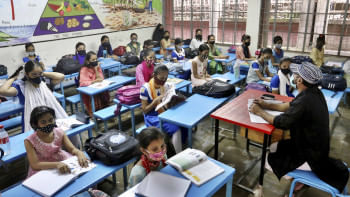
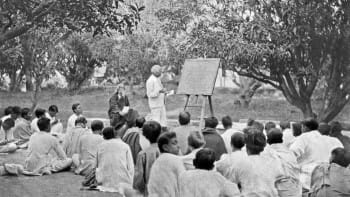


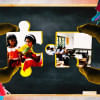
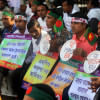
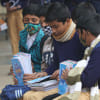
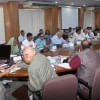



Comments